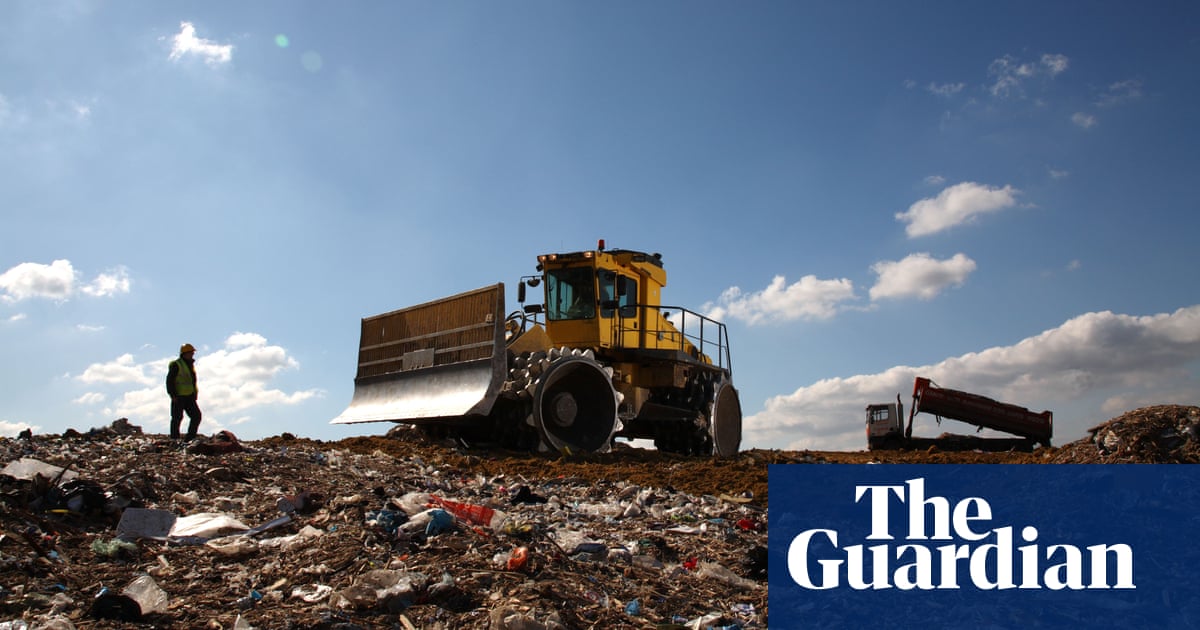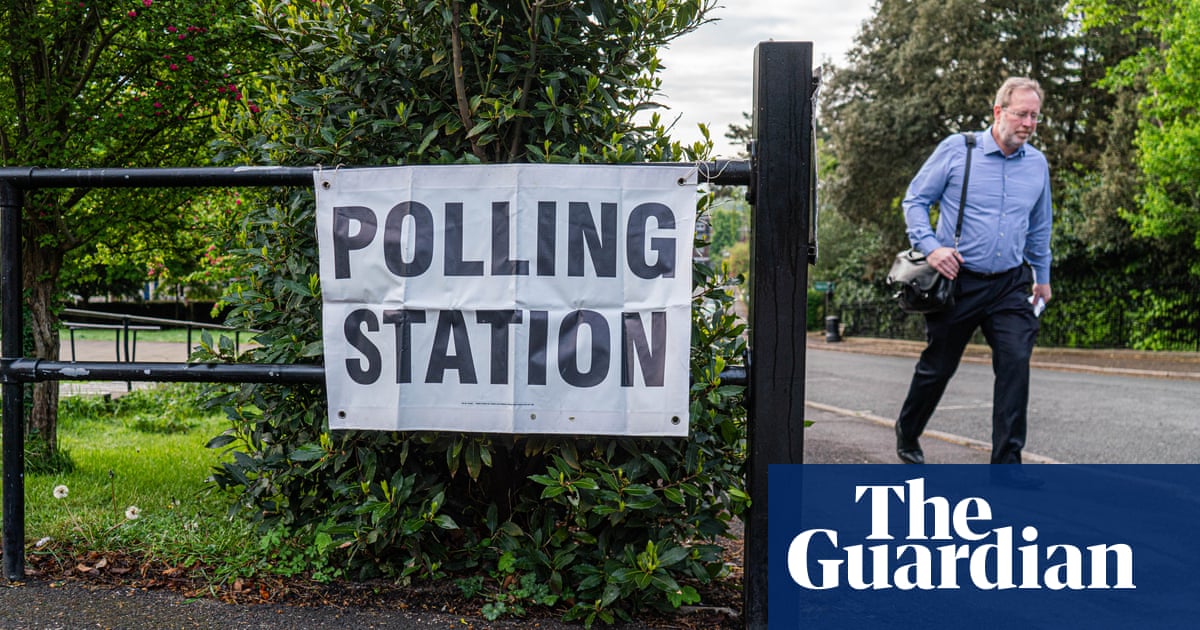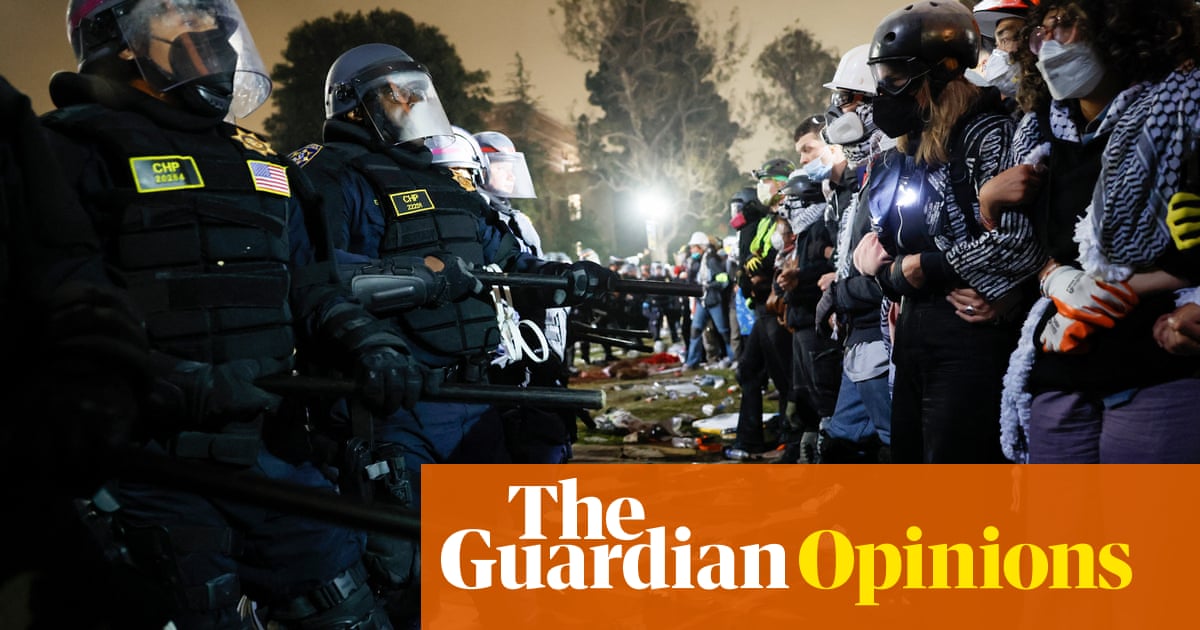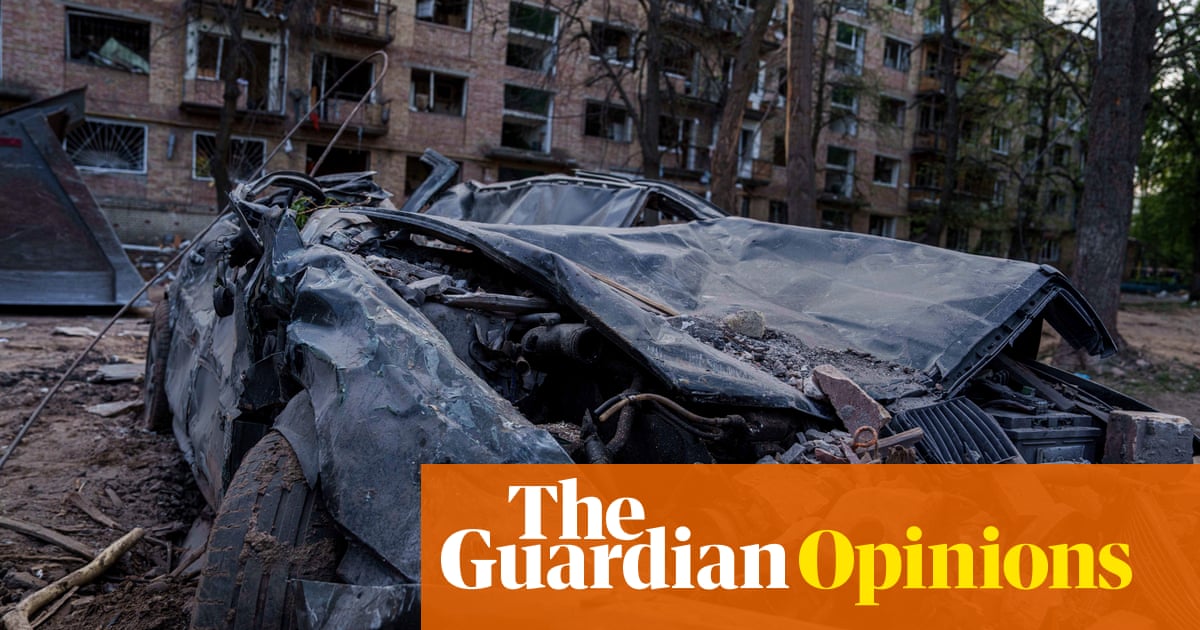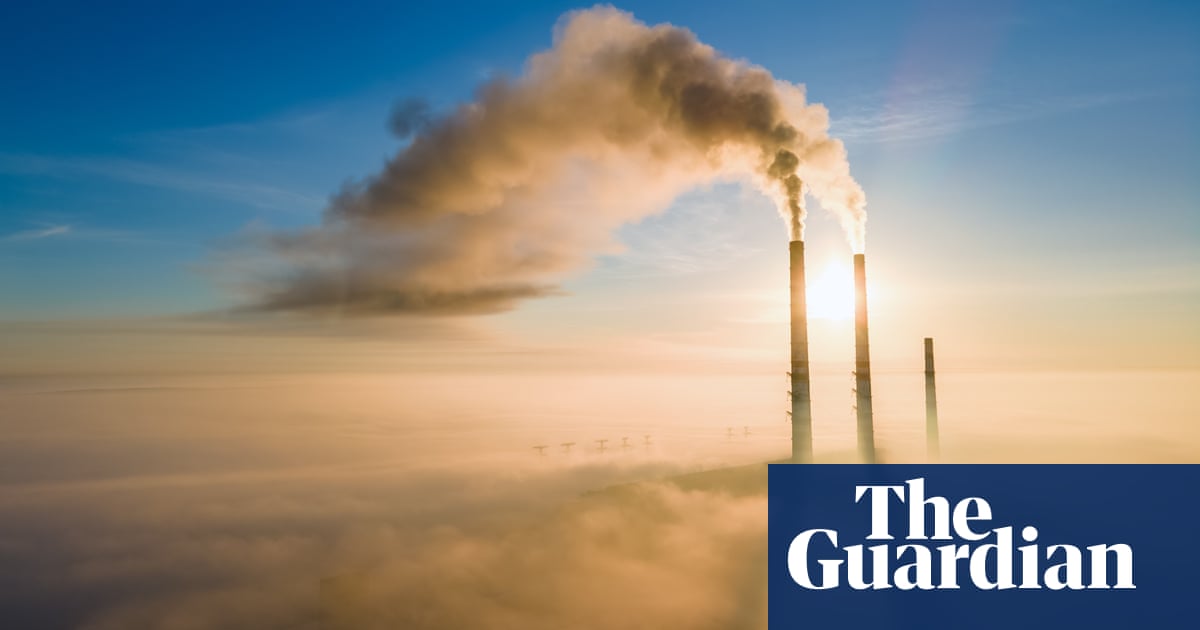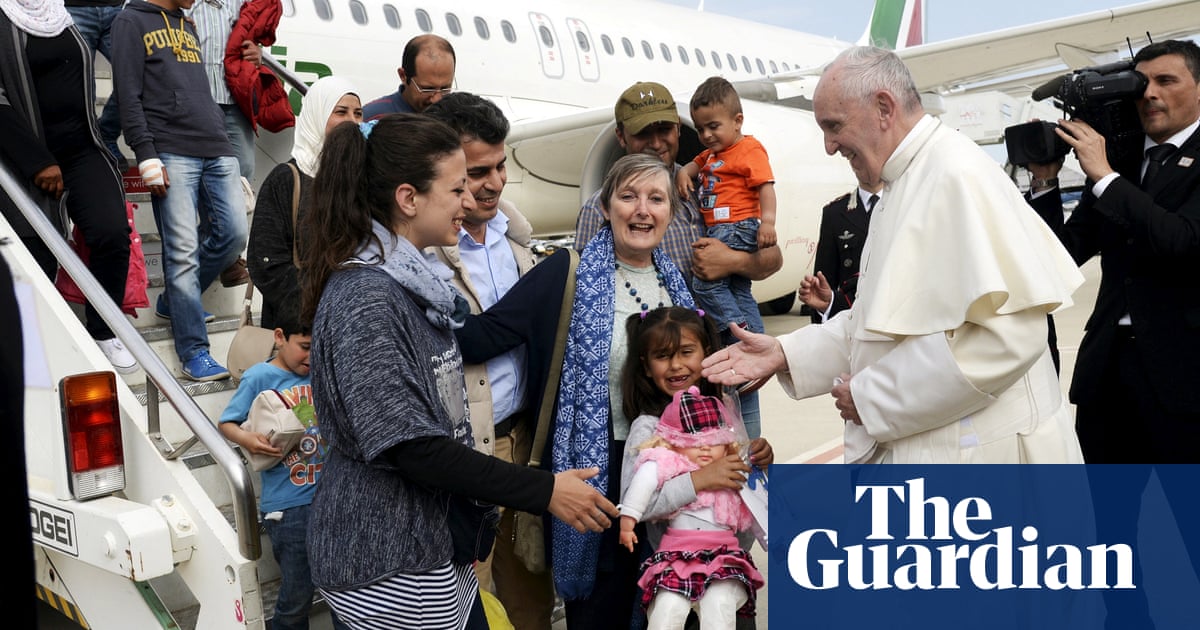Sudan’s war, which began in April 2023, is closing in on its second year. No one expects or becomes accustomed to war, but it is striking that the most common sentiment I hear among Sudanese people – and even some outside observers – is that they still can’t believe this is happening.
Since the calamitous falling out between the Sudanese army and the Rapid Support Forces (RSF), a militia that was previously the army’s partner in power, the speed at which the country has unravelled, and the overlapping crises that the war has caused, have been hard to fathom. Millions are displaced, both within and outside the country. Famine is blighting hundreds of thousands. Sexual violence is taking place on a “staggering” scale, according to the United Nations. In areas where RSF soldiers are reportedly raping women and girls, some victims have taken their own lives and potential victims contemplate taking them pre-emptively. In a part of Gezira state, a young woman told me that when they heard that the RSF was approaching, she and her female relatives forged a suicide pact.
The RSF originated in the west of the country, among the formalised remnants of Arab militia which in the early noughties, in partnership with the government, brutally suppressed rebellion by marginalised African tribes. The group is now repeating the ethnic warfare that the international criminal court determined constituted genocide at the time: targeting victims based on their ethnic profile, killing thousands from non-Arab communities, burning their infrastrucure, and pushing hundreds of thousands of survivors into Chad in order to claim their land and prevent their return.
For its crimes over the past months, the RSF’s leader, Mohamed Hamdan Dagalo, known as Hemedti, has been sanctioned by the United States. The US has also sanctioned RSF-owned companies in the United Arab Emirates for providing weapons to the RSF, and formally declared a genocide. These are welcome measures, and broadly meaningful in both acknowledging the crimes being committed and limiting the RSF’s ability to whitewash its record and cast itself as a credible political player. But as such measures go, they are symptomatic of a decades-old approach to Sudan by foreign powers, one that gestures rather than meaningfully engaging in a way that could save lives. The timing, on the part of an outgoing US administration that had months to make these obvious calls, again suggests a passing of the buck to the incoming Trump administration rather than a lining up of practical plans and pressures on the warring parties.
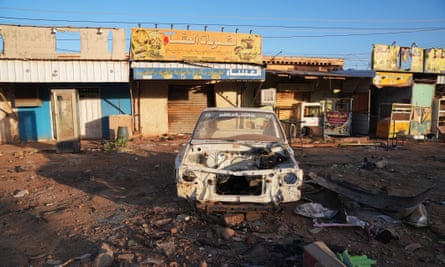
A war in a poor country like Sudan cannot continue with such intensity based purely on the weapons and finances of the domestic players. Wars in such countries go on and on because outsiders fund them, while others turn a blind eye. The UAE is the single biggest player in Sudan’s war. The Gulf state has a pattern of playing kingmaker in Africa’s wars, taking a punt in order that, if its chosen partner prevails, the UAE will be granted access to vast resources and geopolitical power.
To that end, the UAE is providing the RSF with powerful weapons and drones, and even medical assistance for its fighters. The country has also become the main recipient of “blood gold”, smuggled out by both the army and the RSF in return for weapons and cash. The UAE effectively guarantees funds for the conflict’s continuation while benefiting from the knockdown rates it pays for a commodity whose price is hitting record highs. Meanwhile, the Sudanese people’s most lucrative asset is mined from under their feet and flown over their heads to the Middle East, then traded for weapons to rain down on them as they starve.
Despite its sprawling role in the war, the UAE has been publicly embraced by the current US administration, and it was only after sustained media attention, pressure from Sudanese activists and attention raised in the Senate that it issued a statement that it was no longer supplying arms to the RSF. That came wrapped in a US statement that the UAE “has been a humanitarian contributor throughout the war”. Sanctioning the group’s leader, and not his sponsor, will probably have little effect in forcing the UAE to sever its relationship with the RSF, one in which it has already invested heavily, and which to date has resulted in no consequences or censure.
As these feeble rituals of plausible deniability continue, Sudan’s capital is split into two, with different areas under army and RSF control. Port Sudan, a city on the Red Sea, has become the base of the residual military authority that still has the power to issue visas, host foreign missions and NGOs, and administer flights and freight into the country. Otherwise, in the expanse of the large country, Sudan has effectively collapsed into anarchy and fragmented fiefdoms. It will only get worse, as neither party has the power to overwhelm the other, supported as they are by external patrons, which in the army’s case include Egypt and Turkey.
This conflict, already challenging on its own terms, is playing out against a global backdrop of overlapping crises. Fatigue with bloodshed, with deadlock, with long grinding wars from Europe to the Middle East are rendering Sudan’s conflict simply another disaster whose sharp edges are blunted by the fact that death, starvation and impunity have become a norm. Images and anecdotes of the most extreme violations begin to lose their bite as we reach a saturation point of suffering. The world is bracing for another Trump administration, while tech overlords are distorting global information networks, making it even harder for accounts of the world’s worst humanitarian crisis to rise up and cut through the clutter of conspiracy theories and unhinged propaganda. The political map of the Arab world is being redrawn, with Sudan subject to the competing aspirations of the region’s most ambitious players.
But distant as it may seem from some of the perma-crises exhausting global attention, Sudan’s collapse cannot be ringfenced from the rest of the world. It is one of the largest countries in Africa, bordering others which have either, like Egypt, had to absorb large numbers of refugees, or, like Chad, become exposed to the risks of large flows of arms and mercenaries on their borders. Already there is a sort of resignation that Sudan is on its way to becoming “another Somalia” or “another Libya”. This does not mean that for the next decade or more the warring parties exhaust each other in a self-contained conflict – it means the country becomes a petri dish of armed groups and fortune-seekers, raising geopolitical risks and pumping weaponry into a lawless land that sits at the intersection of the Arab world and sub-Saharan Africa.
As the months pass and the war grinds on, the fear is that Sudan is being simply written off, the colossal crimes perpetrated against its people reduced to not even background noise, with just the occasional exculpating spasm of condemnation or scolding of fighting forces on behalf of global powers. But the price will be very high; so high, not just for the Sudanese, but for a world that cannot afford for another conflict just to carry on, drawing in more proxies, and bleeding into a growing pool of death, displacement and devastation that will be impossible to contain.
-
Nesrine Malik is a Guardian columnist

.png) 3 months ago
60
3 months ago
60







